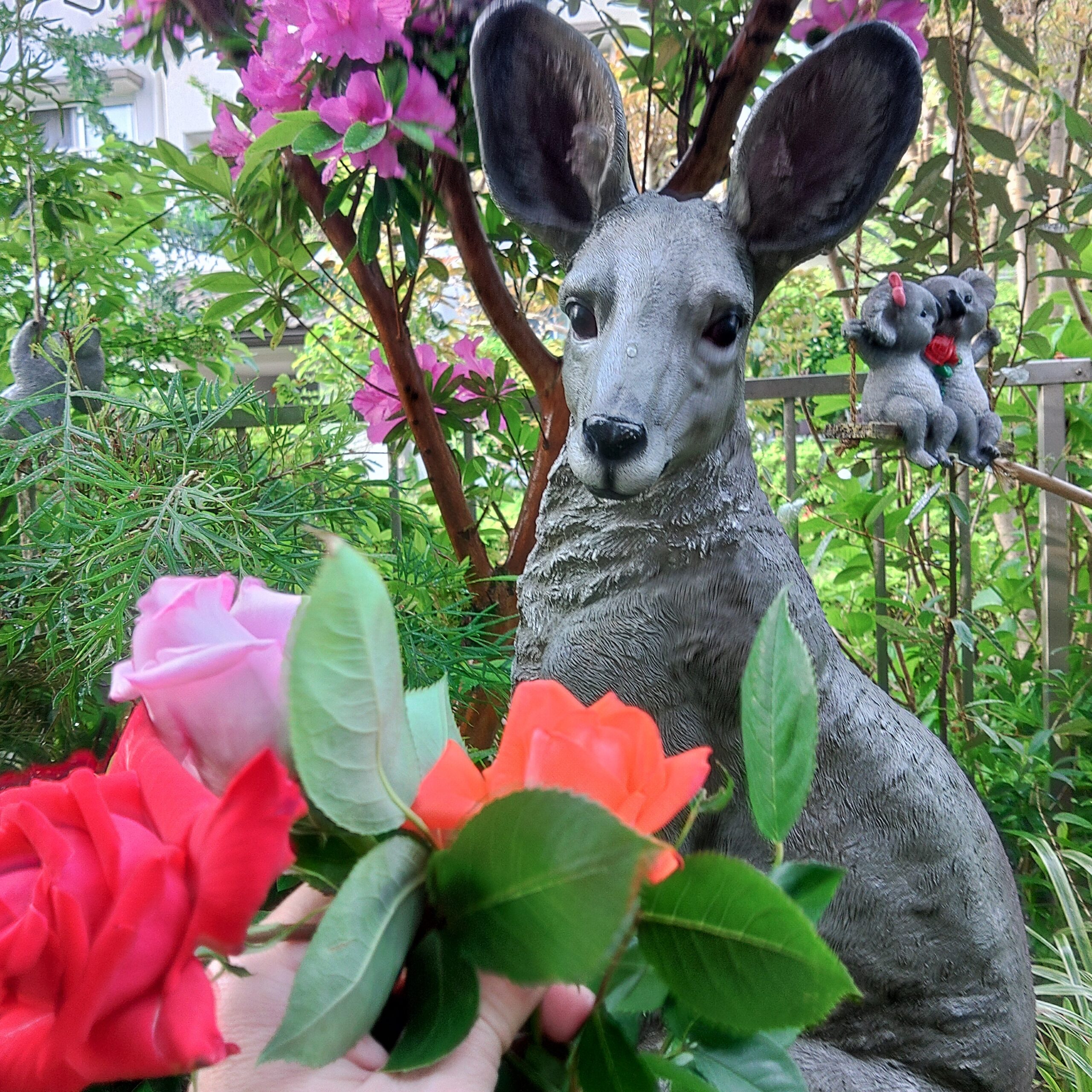Perve Australian English To leer, often with lecherous intent. At times among friends and depending on context, it can also mean simply to take a look. Perve can be used as a noun and a verb. Originally, perve was an abbreviation of pervert. 日本語 1)(名詞)色目を使う人。 2)(動詞)色目を使う。 もともと、perveは、pervert(変態)の省略だったので、今でも若干嫌らしい感じが残っているが、普通の会話に使っても違和感を与えるや勘違いを招くことはない。友達同士でいると、「見に行く」とか「見よう」という感覚で使う場面もかなりある。 Plain English 1) To leer, stare lasciviously. 2) To take a look. Strine Dictionary
Related Posts

The First Class First Nations Film Festival
February 3, 2024
Wistful Wisteria
April 22, 2023